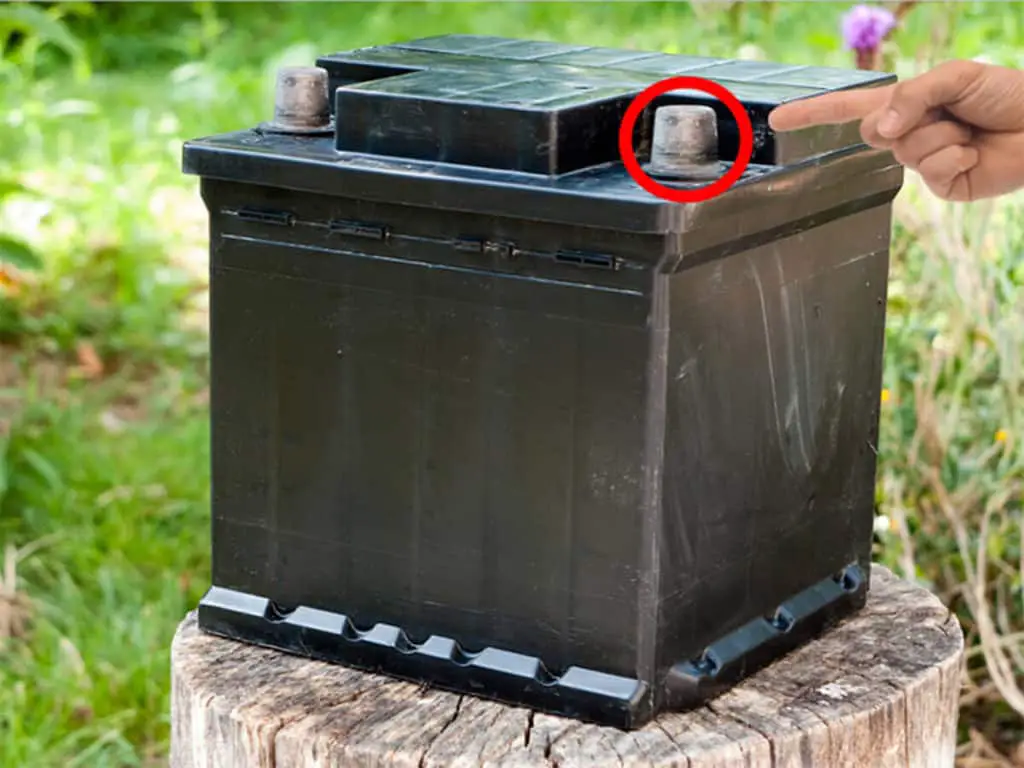I was having issues with my car battery not holding its charge. I noticed some white residue around the terminals, someone told me it was Sulfation. What is battery sulfation?
I began researching What is battery Sulfation. One reason Sulfation occurs, is caused when a battery does not get a full charge. This causes lead sulfate to build upon the surface and pores of the batteries’ lead plates.
If there is an excessive amount of sulfation build up it starts to form large crystals on the plates
As we live on a small island our battery was not getting a full charge. I had to continuously charge the battery with a battery charger.
Table of Contents
What Issues Can Battery Sulfation Cause?
A build-up of sulfation can cause a number of issues for your battery and the reliability of your car, van or truck.
- Shorter battery life
- Battery failure, expensive if you have to keep replacing your battery
- Heat build in the battery
- Takes longer to charge your battery
What Causes Sulfation of a Battery
Sulfation occurs in Lead-acid batteries every time they are used, which means when they are charged and discharged.
If the batteries are:
- Overcharging
- Undercharging (as in my case)
- Left to stand (stored) without a full charge
- Stored over 75 degrees centigrade/Fahrenheit
- Low electrolyte levels
They will develop sulfate in any or all of the above conditions. Also, worth noting that for every 10 degrees above room temperature the discharge rate doubles and so does sulfation.
Does Disconnecting The Battery Prevent Sulfation?
You may hear people saying to prevent sulfation you should disconnect the battery to prevent a trickle charge. For example, your battery will still be providing a small amount of power to the car radio. This will be used to keep the settings of the radio.
But disconnecting the battery will not prevent the electrolyte from breaking down. It may help in slowing down sulfation. But it does depend on how the battery is stored.
Do All Car batteries Suffer From Sulfation?
Unfortunately yes. Cars, vans, and trucks use Lead Acid Batteries. Over their lifetime all lead Acid Batteries will suffer from Sulfation as it is part of the chemical process.
Can You Remove Battery Sulfation?
Yes, you can remove sulfation from a Lead-acid battery. There are companies out there that sell desulfation devices that can reverse the sulfation process.
These devices attach to your battery terminals and apply pulses. They can be expensive and may not always work.
There is a really good book called EZ Battery Reconditioning. This book walks you through the process of reconditioning Lead-Acid batteries.
There is a section for dealing with sulfation and how to remove it. The book provides you with 2 options for removing sulfation.
- Equalization method: Sulfation built up in the cells due to the reaction of sulfuric acid with lead has to be removed by using the equalization method. The method of equalization has been described in detail in EZ Battery Reconditioning.
- Adding chemical additive: A chemical additive can also be used to remove sulfation from battery cells. The method of adding chemicals and the frequency to use the tool to eliminate sulfation for reconditioning the battery has been explained in EZ Battery Reconditioning.
EZ Battery Reconditioning also includes 10 other types of batteries that you can recondition. We’ve written a full review of the EZ Battery Reconditioning Guide.


